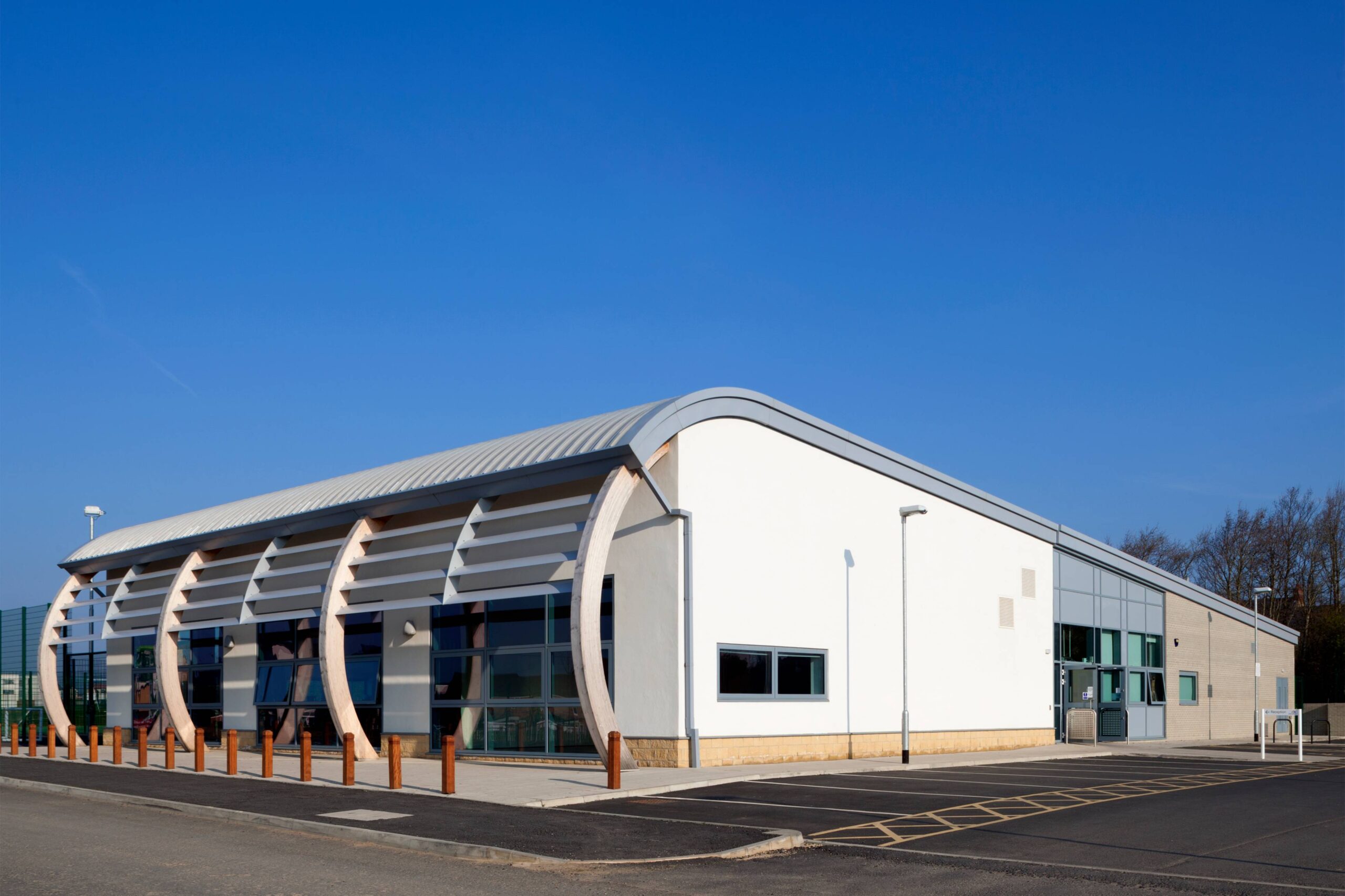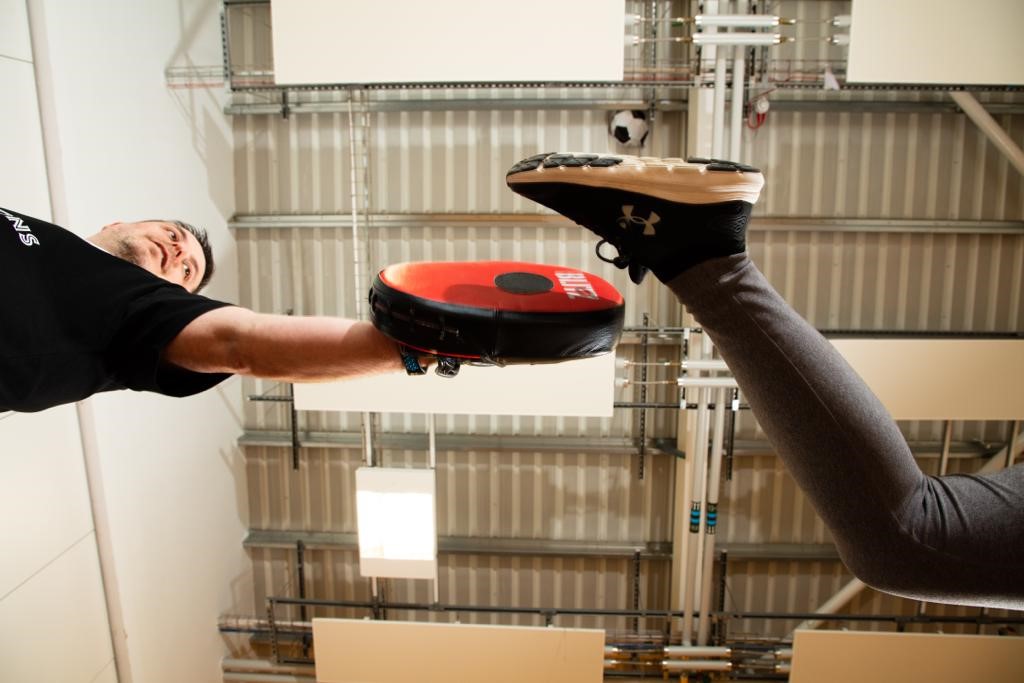Empowering Small Teams in Community Lettings: The Power of Collective Effort
Have you ever considered the impact that small teams can have in community lettings? A small group of dedicated individuals working together can make a huge difference in providing an excellent service to users of community facilities. In this post, we’ll discuss the importance of teamwork in community lettings and how it’s vital to work together as a collective unit to achieve the best results.
The Importance of Teamwork in Community Lettings
Small teams are the backbone of community lettings, responsible for managing and promoting the use of facilities to various groups. As team members collaborate and support each other, they can provide an exceptional service to the people who depend on these spaces for their activities, meetings, and events.
When managing community lettings, it’s crucial to remember that each team member has their own strengths, weaknesses, and aspirations. By understanding each other’s abilities, the team can collectively tackle challenges, ensuring the smooth operation of the facilities and delivering an excellent customer experience.
Working as a collective unit also helps build strong relationships within the team. This sense of camaraderie fosters a positive work environment, which in turn translates to better service for the users of community spaces.

Why Teamwork Matters in Community Lettings Effective teamwork in community lettings has several benefits, including:
- Improved communication: Open communication channels within the team can lead to better decision-making and faster problem-solving. This results in a more efficient service for the users of the facilities.
- Increased creativity and innovation: When team members feel comfortable sharing their ideas and opinions, they’re more likely to come up with creative solutions to challenges faced in community lettings. Using social media to empower team members is a great start.
- Enhanced adaptability: A team that works well together can quickly adapt to changes in the local community or in the facilities they manage. This flexibility ensures that the facilities remain relevant and attractive to potential users.
- Greater accountability: Team members who feel supported and valued are more likely to take responsibility for their actions and the outcomes they produce. This can lead to a better-quality service and increased customer satisfaction.
- Stronger community ties: A cohesive team that works together can more effectively engage with the community, building trust and fostering long-lasting relationships with the people who use the facilities.

Promoting Teamwork in Community Lettings Here are some practical tips for fostering teamwork in your community lettings team:
- Encourage open communication: Make sure every team member feels heard and valued. Create a supportive environment where they can voice their opinions, concerns, and ideas without fear of judgement.
- Foster collaboration: Encourage team members to collaborate on projects and tasks, sharing their expertise and learning from each other. This will help to develop a sense of camaraderie and collective ownership of the team’s work.
- Provide opportunities for growth: Help team members identify their strengths and areas for improvement. Offer training, mentorship, and professional development opportunities to help them grow both personally and professionally.
- Celebrate successes and learn from failures: Acknowledge and celebrate the achievements of the team. At the same time, treat failures as learning opportunities, encouraging the team to reflect on what went wrong and how they can improve in the future.
- Involve the team in decision-making: Give team members a say in important decisions that affect the community lettings and their work. This will help to foster a sense of ownership and investment in the team’s success’s.
- Establish clear goals and expectations: Ensure that each team member understands their role and responsibilities within the community lettings team. Set specific, measurable, achievable, relevant, and time-bound (SMART) goals to help guide their efforts.
- Build trust and mutual respect: Encourage team members to be open and honest with each other, fostering a sense of trust and mutual respect. This will create a strong foundation for effective collaboration and support.
- Encourage team bonding: Organise team-building activities, social events, or informal gatherings to help team members get to know each other better and build stronger relationships.

In Conclusion The power of teamwork in community lettings cannot be underestimated. Small teams can make a significant impact on the success and sustainability of community facilities by working together as a cohesive unit, leveraging each other’s strengths, and fostering a supportive, collaborative work environment.
By promoting teamwork and investing in the professional growth of your team members, you’ll be well on your way to creating a successful community lettings programme that benefits both your team and your community.





